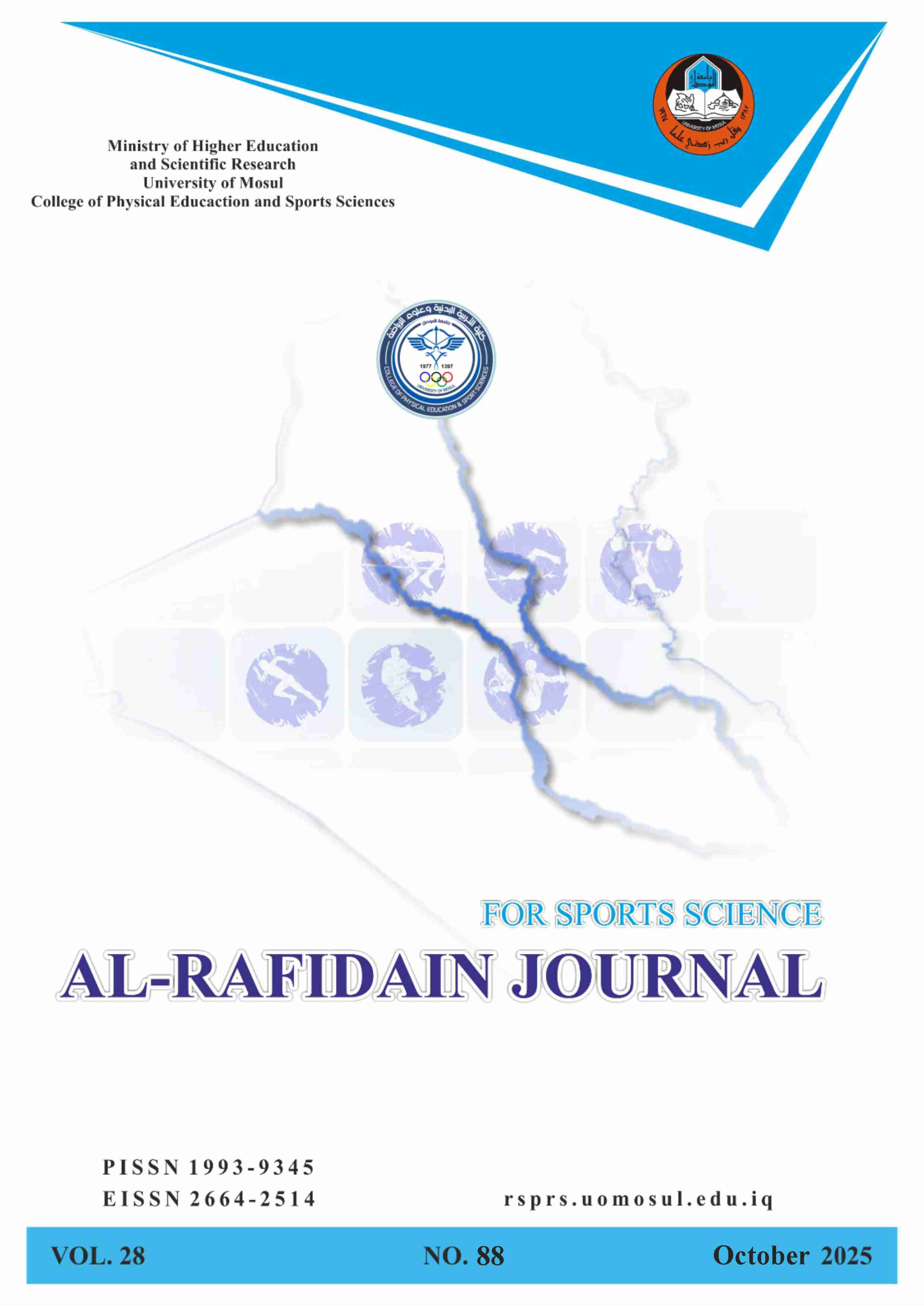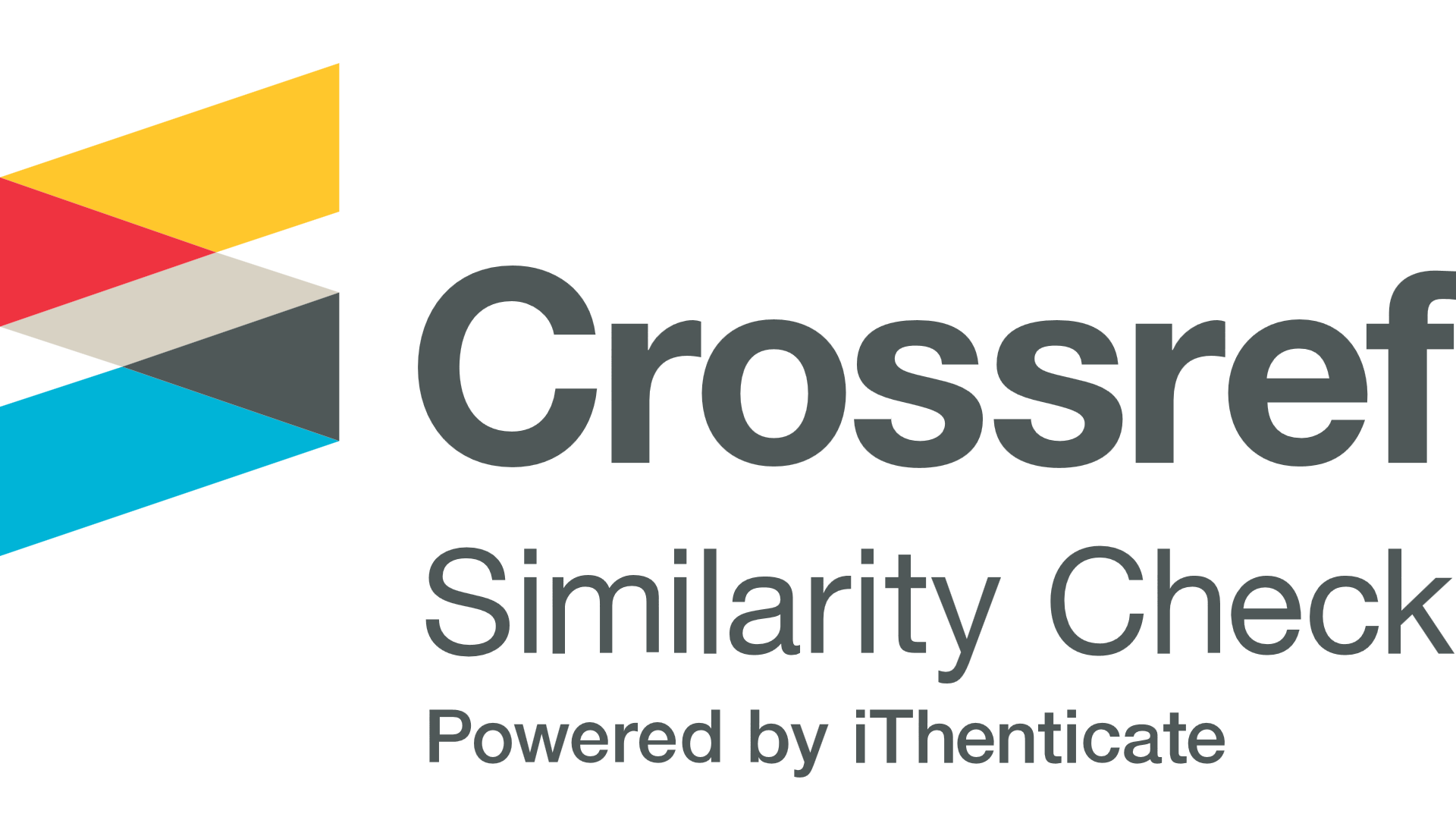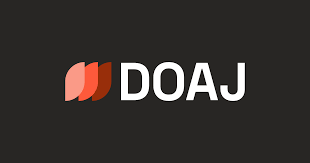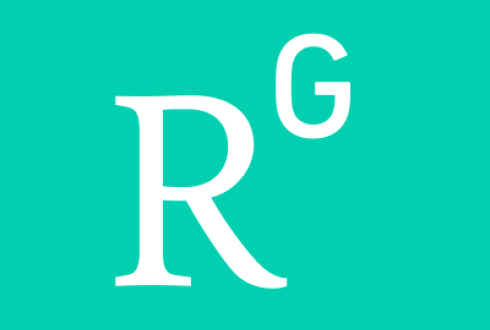تأثير استخدام تعلم المعكوس في اكتساب الاداء الفني والانجاز لفعالية الوثب الطويل
منشور
Oct 24, 2025##editor.issues.pages##
66-99الملخص
ان اهمية البحث في معرفة تأثير تعلم المعكوس في اكتساب والانجاز فعالية الوثب الطويل لطلاب الكلية وبصورة اقتصادية من حيث الوقت والجهد ومعرفة تأثيرها الايجابي في احداث التعلم المطلوب والنهوض بمستوى الطلاب في الكلية بشكل افضل . عليه فان إمكانية استخدام طرائق جديدة ( أخرى ) هي الحل الامثل للابتعاد عن الطرق التقليدية ، لذا ارتأى الباحث دراسة تأثير أسلوب المعكوس في تعلم وانجاز الطلاب بفعالية الوثب الطويل لتكون طريقة تعليمية مجدية ومؤثرة تساعد المدرس في تحقيق الأهداف المرجوة بجهد ووقت مناسبين . ويهدف البحث إلى: الكشف عن تاثير استخدام التعلم المعكوس والتقليدي في اكتساب وانجاز الطلاب لفعالية الوثب الطويل .
استخدم الباحث المنهج التجريبي أما عينة البحث تكونت من (36) طالبا وزعوا على مجموعتين وبواقع (18) طالبا للمجموعة التجريبية التي استخدمت التعلم المعكوس ، و(18) طالبا للمجموعة الضابطة التي استخدمت الأسلوب التقليدي، اذ اختيرت العينة بالطريقة العشوائية البسيطة(القرعة) وبعدها تم تجانس العينة من حيث العمر والطول والوزن، وقد استغرق تنفيذ البرنامج (7) اسابيع بواقع وحدتين كل اسبوع لكل مجموعة وفق كل اسلوب تعلمي. حيث كان زمن الوحدة التعليمية (90) دقيقة، وقد استخدم الباحث بعض الوسائل الاحصائية التي ساعدت على تحقيق هدف البحث.
وتوصل الباحث الى مجموعة من الاستنتاجات واهمها:
1-ظهور تاثير ايجابى فعال لكل أسلوبي المتبع فى التعلم لفعالية وثب الطويل . 2-تفوق أسلوب المعكوس على أسلوب التقليدي فى التعلم لفعالية الوثب الطويل.
3-تفوق أسلوب المعكوس على أسلوب التقليدي فى الانجاز لفعالية الوثب الطويل.
المراجع
- Ibrahim, M. A. M. (2003). Evaluation and Measurement in Physical and Sports Education. Al-Warraq Publishing, Amman.
- Bloom, B., et al. (1983). Evaluation of student learning: Formative and summative assessment (M. A. Mofti et al., Trans.). Macmillan Publishing, Egypt.
- Hanoona, A. H. M. B. (2004). The relationship between some mental abilities and the technical performance and achievement level of some basic volleyball skills among first division female club players (Unpublished master’s thesis). College of Physical Education, University of Mosul.
- Al-Heela, M. M. (1999). Instructional design: Theory and practice (1st ed.). Al-Seerah Publishing and Distribution, Amman.
- Al-Hamouli, N. M. Z. (1989). A study of the effect of a proposed program to develop muscular (kinesthetic) and visual perception on long jump performance level (Doctoral dissertation). Faculty of Physical Education, Alexandria, Helwan University.
- Al-Khayyat, D. Q. (1995). The effect of teaching strategy based on objectives and feedback on the skill performance level in handball (Doctoral dissertation). College of Physical Education, University of Mosul.
- Al-Rubaie, K., & Al-Mula, M. (1989). Physical preparation in football. House of Wisdom Press, Baghdad.
- Al-Kubaisi, R. S. F., & Al-Shouk, N. I. (2004). A guide to writing research in physical education. Baghdad.
- Razzaq, S. (1993). The effect of a model using audiovisual aids on motor performance in rhythmic gymnastics (Master’s thesis). College of Physical Education, University of Baghdad.
- Al-Talib, N. (1976). Principles of sports psychology. Al-Shaab Press, Baghdad.
- Al-Talib, T. N. M. (2001). The effect of using intensive and distributed practice methods in learning and transferring some gymnastics skills (Unpublished doctoral dissertation). College of Physical Education, University of Baghdad.
- Othman, M. A. (1990). Encyclopedia of track and field: Training, technique, education, refereeing. Dar Al-Qalam, Kuwait.
- Abdul-Hassan, W. S. (2018). Learning styles and their applications between teacher and learner. College of Physical Education, University of Babylon.
- Obaidan, D., et al. (1998). Scientific research: Its concept, tools, and methods (6th ed.). Dar Al-Fikr for Printing and Publishing, Amman.
- Allawi, M. H., & Radwan, M. N. (1994). Motor performance tests (3rd ed.). Dar Al-Fikr Al-Arabi, Cairo.
- Oudah, A. S., & Malkawi, F. H. (1987). Fundamentals of scientific research in education and human sciences. Al-Manar Library, Yarmouk University, Jordan.
- Mahjoub, W. (1985). Motor learning. University of Baghdad Press, Baghdad.
- Mahjoub, W. (2001). Encyclopedia of kinesiology: Learning and scheduling of sports training. Dar Wael Publishing, Amman.
- Majid, R. K., & Al-Ansari. (2002). Track and field. International Scientific House, Amman.
- Faraj, E. W. (1987). Experiences in games for children and adults. Al-Maaref Establishment, Cairo.
تنزيل هذا الملف
الإحصائيات
كيفية الاقتباس
##submission.copyrightAndLicensing##

هذا العمل مرخص بموجب Creative Commons Attribution-NonCommercial 4.0 International License.







